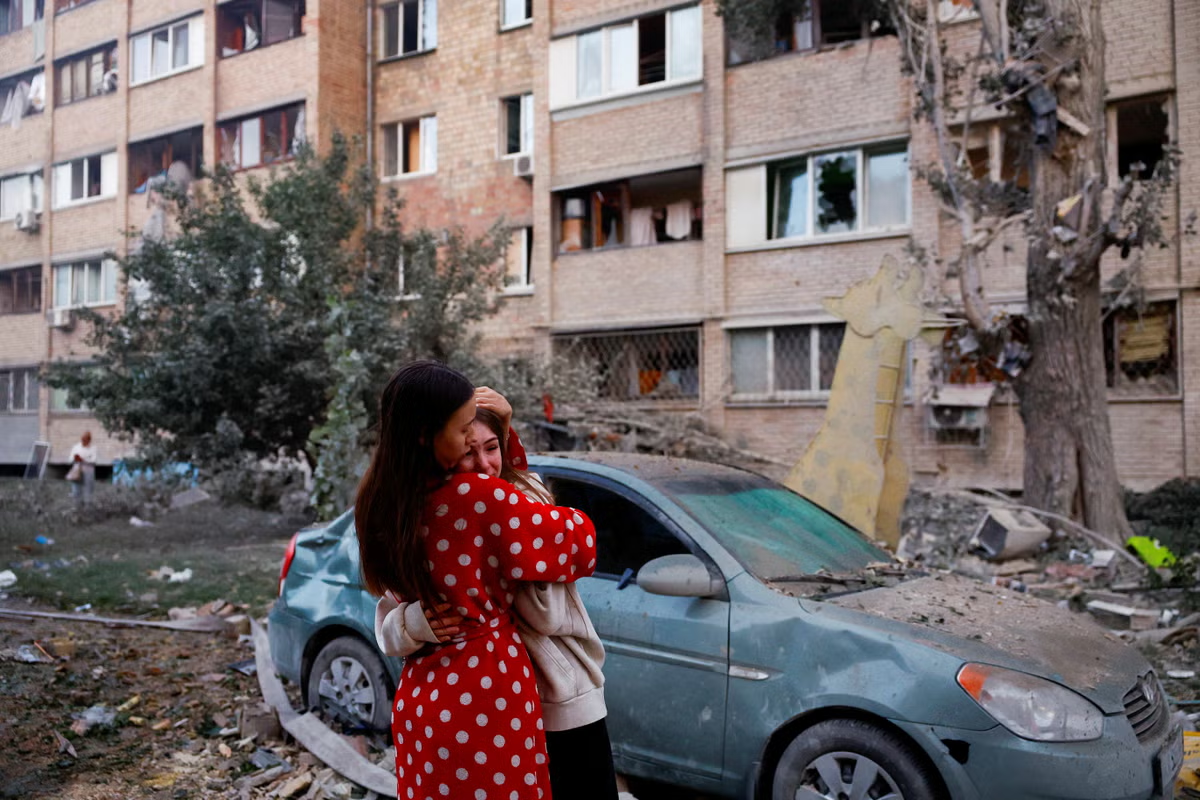Europe Weighs Ukraine Post-War Buffer Zone as U.S. Approves Potential Missile Sale

European leaders are reportedly considering the creation of a post-war buffer zone in Ukraine as part of wider security plans for the region, even as the United States approved a potential missile sale to Kyiv.
The proposal, according to diplomatic sources, is aimed at ensuring long-term stability after the war with Russia ends. Discussions are still at an early stage, but the concept has already attracted attention among NATO allies who view it as a way to prevent future hostilities.
While details remain scarce, the buffer zone would likely be designed to act as a security strip between Ukrainian and Russian-held territories, minimizing the risk of renewed clashes. Analysts say such a measure could also form part of broader negotiations on Europe’s security architecture, depending on the eventual outcome of the conflict.
At the same time, Washington has taken a significant step by greenlighting a possible missile sale to Ukraine. The deal, though not finalized, underscores continued U.S. commitment to strengthening Kyiv’s defense capabilities. The missiles are expected to boost Ukraine’s ability to defend against ongoing Russian attacks, particularly as fighting remains intense in the country’s east and south.
The dual developments highlight the international community’s growing focus not only on the immediate needs of Ukraine but also on the long-term questions of peace and deterrence in Eastern Europe. The war, now in its third year, has reshaped global security debates and pushed European nations to rethink military spending and collective defense.
Officials have cautioned, however, that implementing a buffer zone would be complex and politically sensitive. Russia has consistently rejected measures it views as encroaching on its sphere of influence, while Ukrainian leaders may be wary of any plan that could compromise territorial sovereignty.
Security experts argue that much will depend on how the war concludes and whether diplomatic channels can produce an agreement acceptable to both sides. Still, the idea reflects mounting concern in Europe about ensuring stability once active hostilities end.
For now, Ukraine continues to rely heavily on Western military and financial support. The U.S. missile sale, coupled with European deliberations on post-war security, signals a dual-track approach—meeting immediate battlefield needs while planning for the future.
As deliberations unfold, the stakes remain high for Ukraine, Europe, and the broader international order.












